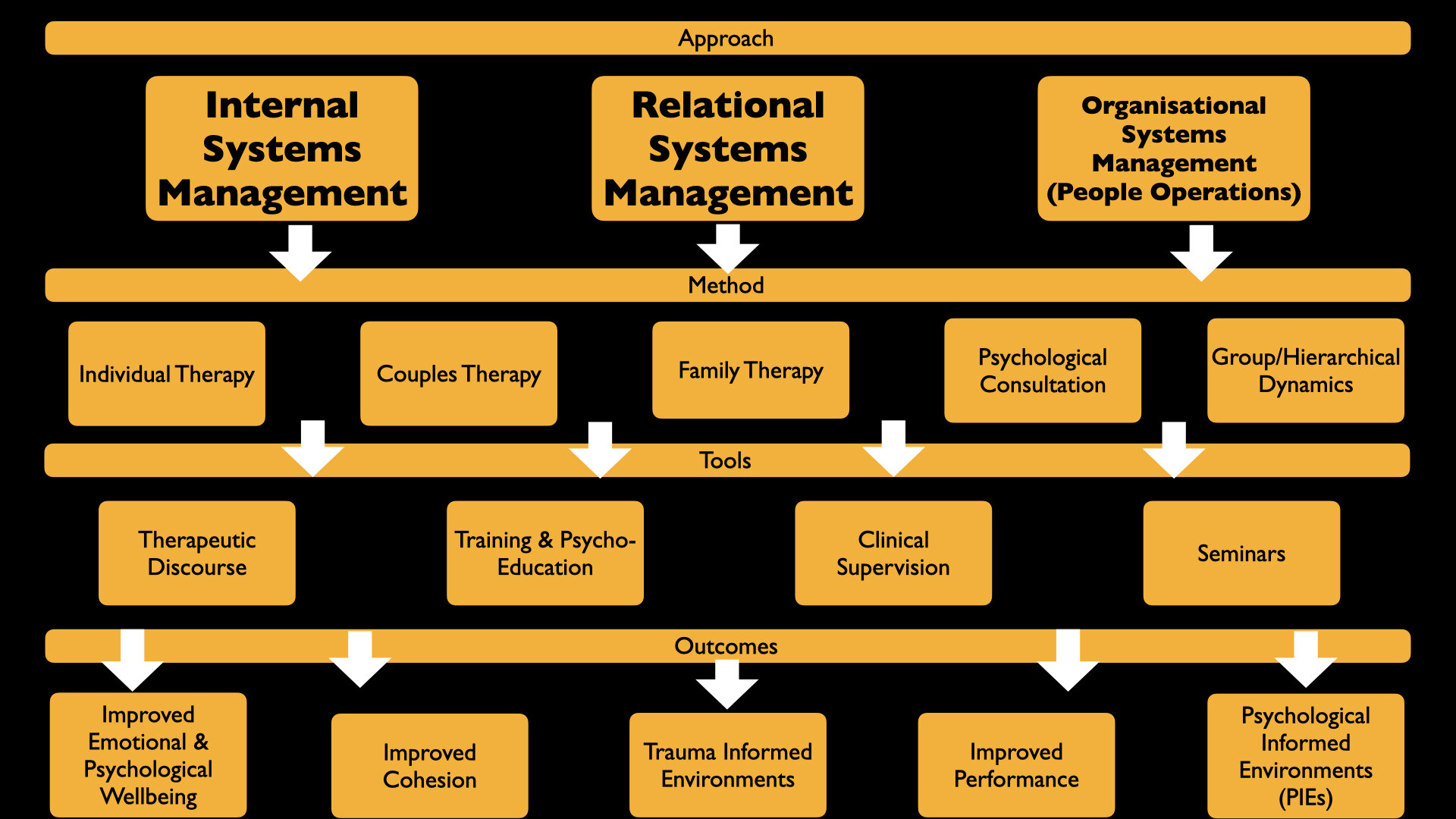
Approach & Services Overview
.
How do we view the human condition at Switch
There is an abundance of psychological theories attempting to explain the human condition, and unfortunately most of them, rather than being based on research, they are more aligned to the cultural backdrop that the theory sits within. It is fair to say that the field of psychology itself, is primarily biased towards it cultural framework.
However, new findings in the field of neuroscience is challenging many of the assumptions made by psychology and psychiatry and is providing a framework that, although may feel counter intuitive, is backed by the most robust research we have available to us.
An approach based upon psychological flexibility & context:
Whatever we believe about human nature, one thing is for sure - we make meaning through context, and without context, there is no meaning.
Allow me to elaborate: imagine a behaviour as awful as violence. An act of violence, is an act of violence, right, and can never be justified? Now imagine an act of violence by a mother trying to protect her child against an attacker. Suddenly, it looks very different, and even though the behaviour is the same, we perceive it differently, and we feel differently about it. I’m not saying that this is right, or wrong, but it helps us to make sense out of a situation and often explains people’s behaviour and how they feel.
Did you ever find yourself feeling good when the villain gets his comeuppance in the movie or soap you’re watching? Even though the behaviour you’re watching is bad?
This is the power of context..
Psychological flexibility is not only the key to resilience, but also self-acceptance and good psychological health.
Acceptance & Commitment Therapy (ACT), is one of the most robustly researched areas of therapy - ACT believes that the lead cause of psychological distress is psychological rigidity.
Don’t take my word for it..look for yourself!! The evidence is out there.
Working with systems in context
The human experience is ultimately the result, or summary of the interplay of many different systems. Some of these systems lie within us like the immune, nervous or circulatory systems, and some are external systems such as the education, political or other social systems. Many of us do not realise that these systems are there or how they actually work or impact upon us. By exploring, understanding and appraising these systems we can lead ourselves to better functioning and improved psychological and physical health.




